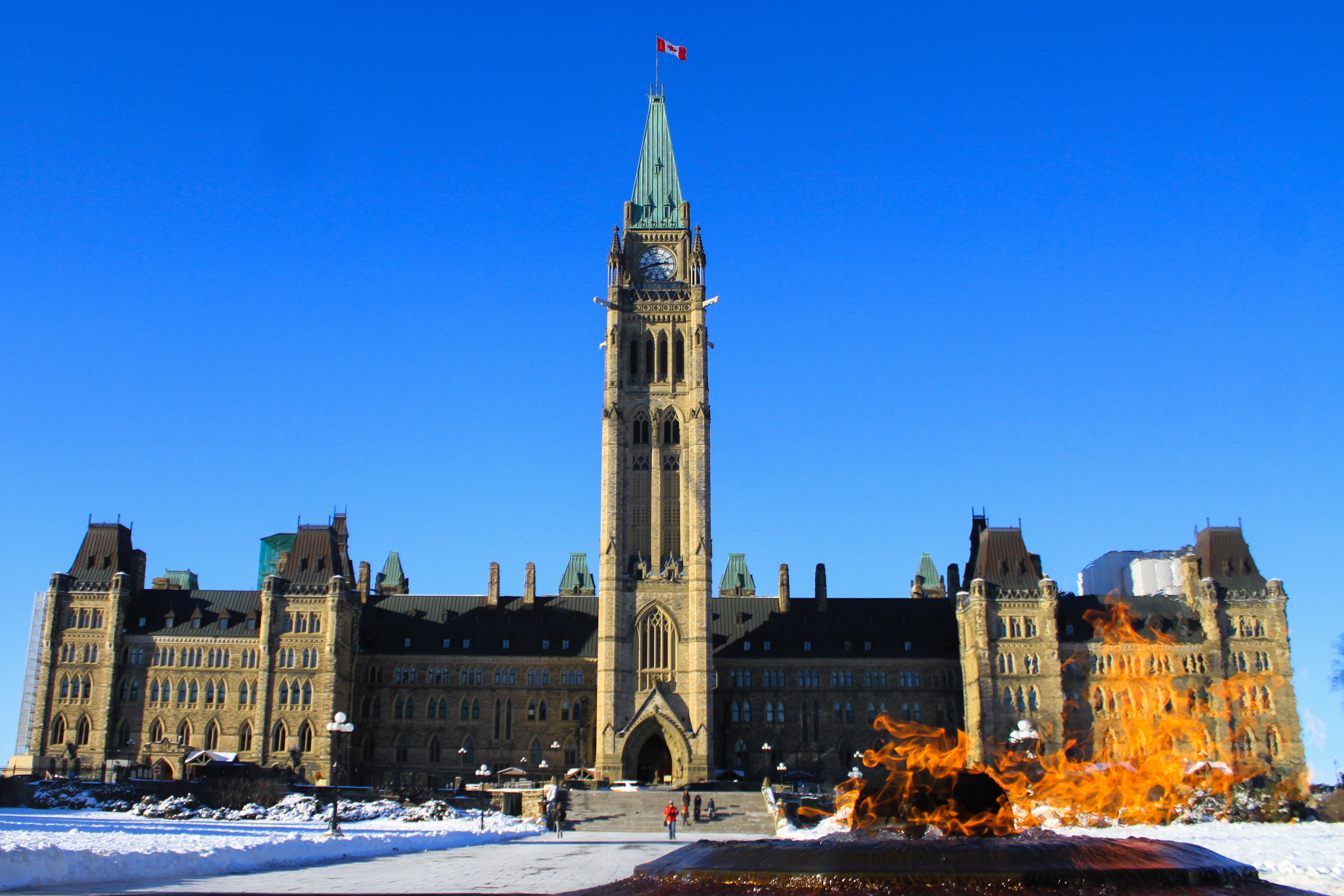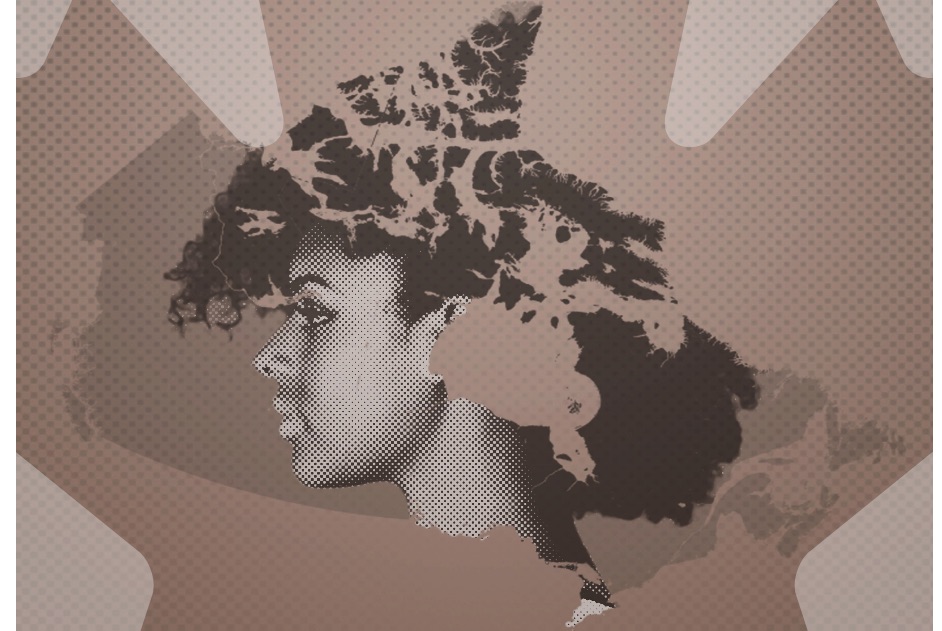In the past few weeks, several pundits, politicians, and Facebook activists have taken it upon themselves to stress the importance of having either a gender-balanced cabinet, or from the opposite argument, a cabinet based solely on meritocracy. This type of debate bothers me psychologically. I think it’s absolutely wonderful that a gender-equal cabinet exists, but truthfully, I’m not sure that the issue warrants the level of attention it is getting. I will explain this at the end, but first, let me explain where I think both sides of this whole argument collapse.
Firstly, I am in no way opposed to any sort of equality in government, whether it’s of gender, of culture, or of religion. In a representative democracy, the elected cabinet should be just that: representative. Therefore, an equal number of women and men serving makes complete sense. Some writers, like Andrew Coyne of the National Post, say it steals away the positions from more qualified people; that the people given the job should be the best people for the job. But in this particular case, the people appointed are the best people for the job. They won their seat in a fair federal election. They come from a diverse set of backgrounds; they are scientists, CEOs, and doctors. There is no need to question the merit of those elected, and to assume that meritocracy and parity cannot be reconciled as one is absurd.
That being said, if one MP were to slip-up and say, incur thousands of dollars in limousine expenses and over-priced orange juice and then bill it to taxpayers (here’s looking at you, Bev Oda), then will the fact that they are under-represented in Parliament protect them? Voices like Tasha Kheiriddin of the National Post, speak out against the “fawning” of parity, and claim that Trudeau’s appointment should not make him immune to criticism as a leader and politician. Agreed. On the other hand, prejudice is a very real thing. If one member makes a mistake, then the public vilifies the entire subculture to which that MP belongs, using them as a scapegoat for their own problems (though anyone willing to make such generalisations is perhaps an idiot). If you don’t believe me, just take look at any history book. What protects these individuals from unjust attacks on their character if the public is intolerant of their culture, gender, orientation, and race? If these biases do exist, then the bigger question becomes: should equality be forced? Should we impose quotas on gender and race in our cabinet?
Yes and no. Meritocracy in its purest form does not exist. Favouritism exists. Pierre Trudeau’s first cabinet was composed entirely of old, white men. It’s difficult to believe all were appointed on merit alone. Meritocracy only works when the playing field is level. Currently, it is not. Typically, certain groups have more privilege and resources granted to them in their lifetimes that allow them to gain the title “merited” in the eyes of the public. A part of that comes from race and gender, and another from economic background. So cheating a little bit can help rectify that imbalance, creating role models for future would-be cabinet ministers. However, the pressure to create wholly equal cabinets every term might put undue stress on the leader: what if this quota forces them to place an MP in a position they feel would be better suited by another? What if one term we have 16 females and 14 males, and the next, 16 males and 14 females? At some point, we must consider it sufficient to be governed by a cabinet that represents the best of both worlds: diverse representation coupled with merit and experience. But consider other forms of disproportion in our cabinet: Afro-Canadians are not at all present. Is this a big problem? I guess it depends on whether you value diversity of opinion and experience over pure ability and talent, if you had to choose between one or the other.
While Trudeau’s “It’s 2015” quote was a fantastic one-liner (almost on par with Pierre’s “just watch me”), I don’t believe it does justice to the issue. Instead of just saying “I have appointed the best people for the job, regardless of gender of religion,” calling attention to the fact that his cabinet is gender-equal has for some, already tainted those individuals coming from a non-privileged background. People are fickle – they will look for any reason to cast doubt on others’ competence. It is this editor’s opinion that one of the greatest aspects of Canada is its diversity (even though we don’t always treat each group the same). It’s important that our nation is one that has equal parts male and female in important roles deciding the fate of our nation. We still have a long way to go though, and I think that moving forward, we should strive to be a state such that the notion of gender parity in Parliament is, in fact, a complete non-issue. We shouldn’t have to celebrate the fact that we have gender equality in our country, because in many ways, it should just be. I know, I know – easier said than done.





